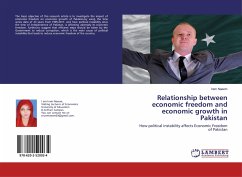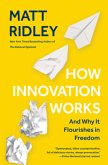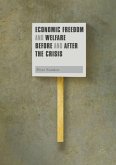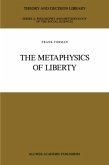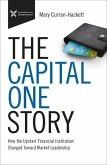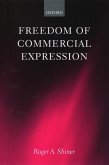Since 1994, the South African government has actively sought to use land reform as one of several instruments to right historical wrongs, deepen democracy and ease up social and economic inequity. This study presents a comprehensive review of the experience of the Uitkyk community in her quest for emancipation through land restitution, a leg of the land reform programme. The commitment of the government to freedom and democracy,complemented by the community's own resolve to move themselves out of forced oblivion facilitated the return of ancestral land to the native community. However, access to land was never intended to be an end in itself, but a means to economic development and restoration of stable communual life which had been destroyed by over 50 years of colonialism and apartheid. Many excuses have been advanced in an effort to explain the poor economic performance of retitution projects once the land has been handed over. The loudest being weak post- settlement support from the government. The beneficiary communities must also rid themselves of retrogressive stereotypes which only undermine entrepreneurship and growth.


